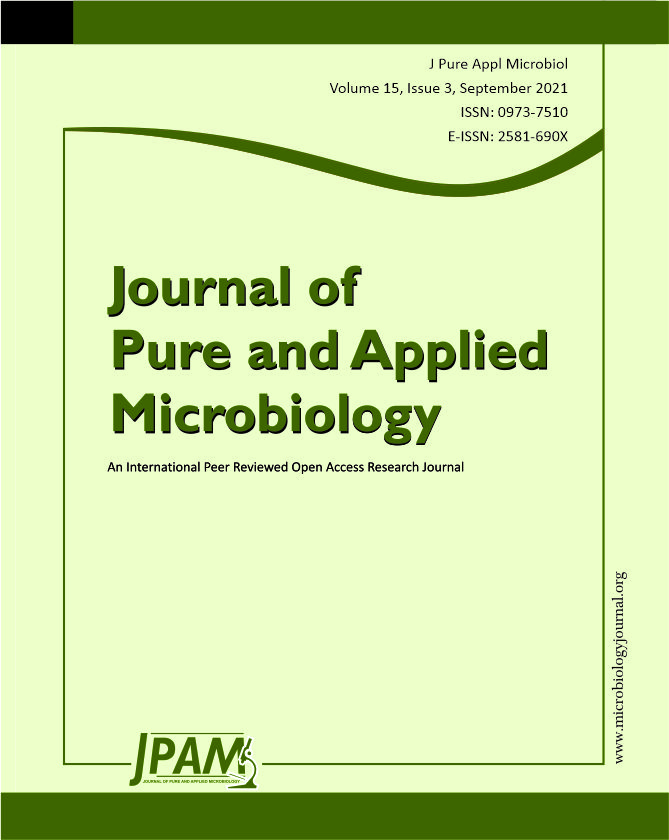Heavy metals are extremely toxic and their presence in the environment is a known risk factor. Out of them, cadmium is known for its fatal effects on the environment, humans and soil. Bioremediation offers an economical solution for detoxifying such metals. So, the present study aimed to isolate Bacillus sp. and Cupriavidus sp. from the cadmium contaminated soils and studied their cadmium bioremediation potential. Strains that have exhibited good tolerance upto 1000 ppm and 1500 ppm of cadmium concentration and good absorption to cadmium were studied by scanning electron microscopy. An increase in the size of the bacterial cells was observed. The absorption of cadmium by bacterial cells was further confirmed by atomic absorption spectroscopy and found that the sorption rate of Bacillus sp. ECd004 was 87% and of Cupriavidus sp. SCd005 was 90%. Furthermore, these strains were exposed to cadmium contaminated soil in the form of bioformulations and their role in the rate of seed germination of Vigna radiata and Cicer aertinum and impact on seedlings growth was determined. Seed germination and growth rate was found to be double in comparison to the negative control. This investigation proves their efficacy to use in highly cadmium contaminated soils making them a suitable choice for bioremediation.
Bioremediation, SEM, AAS, Absorption, Bioformulation
© The Author(s) 2021. Open Access. This article is distributed under the terms of the Creative Commons Attribution 4.0 International License which permits unrestricted use, sharing, distribution, and reproduction in any medium, provided you give appropriate credit to the original author(s) and the source, provide a link to the Creative Commons license, and indicate if changes were made.


